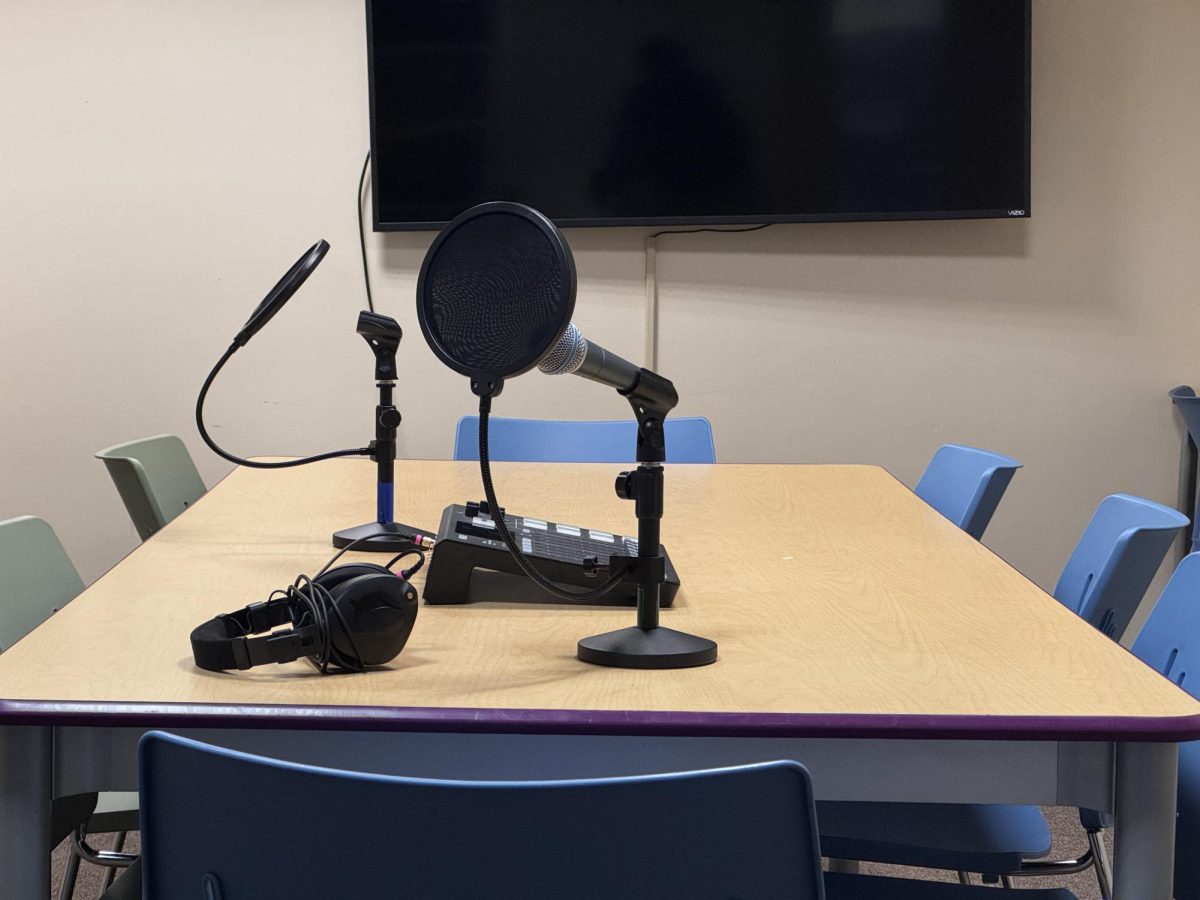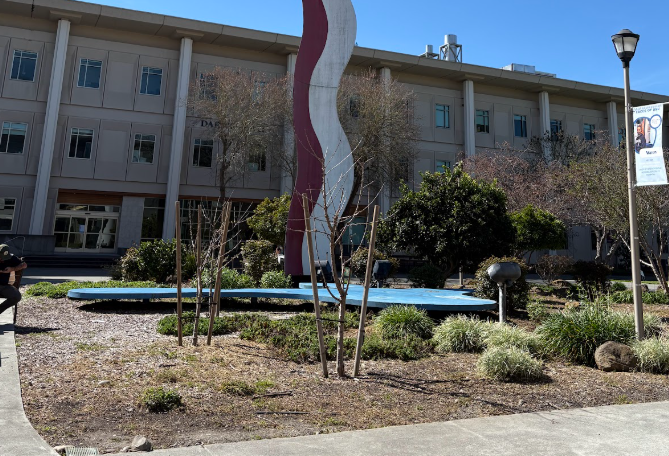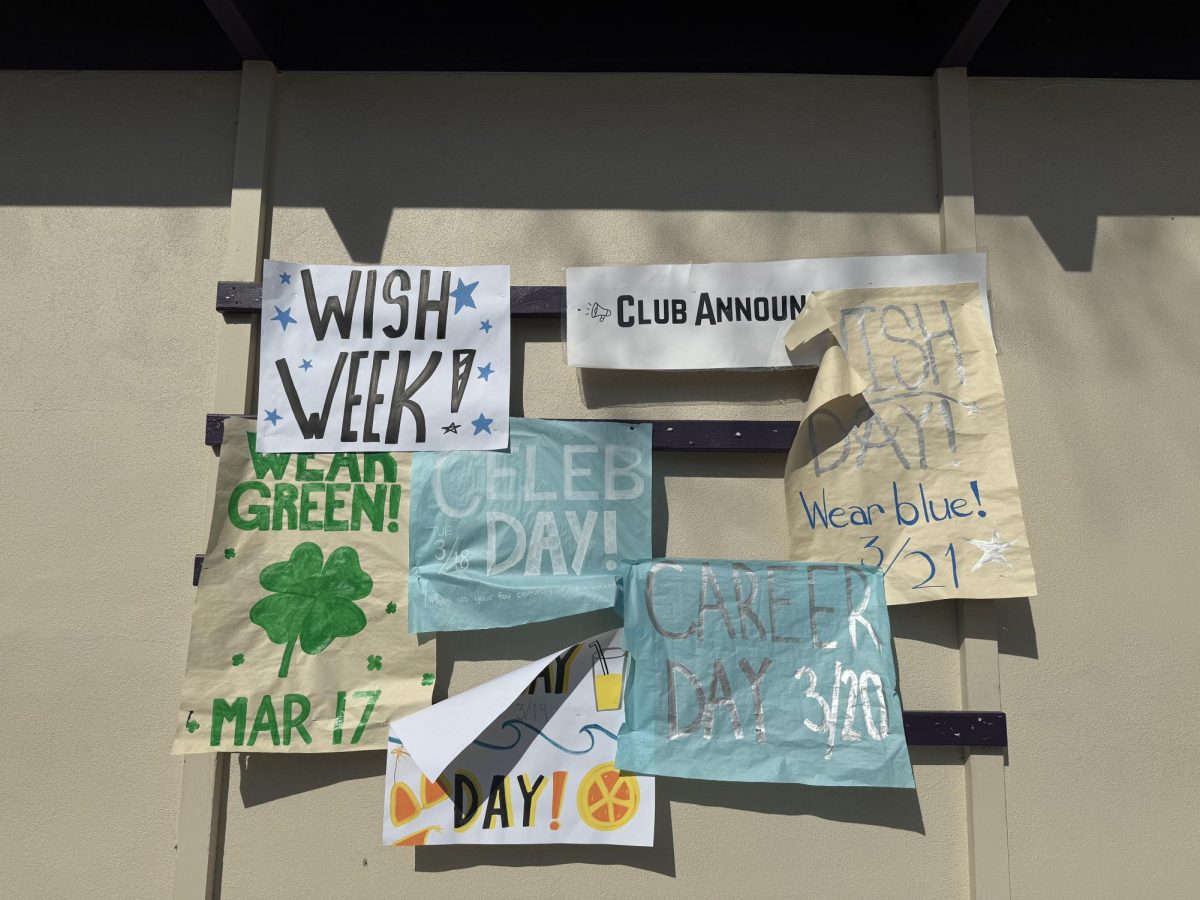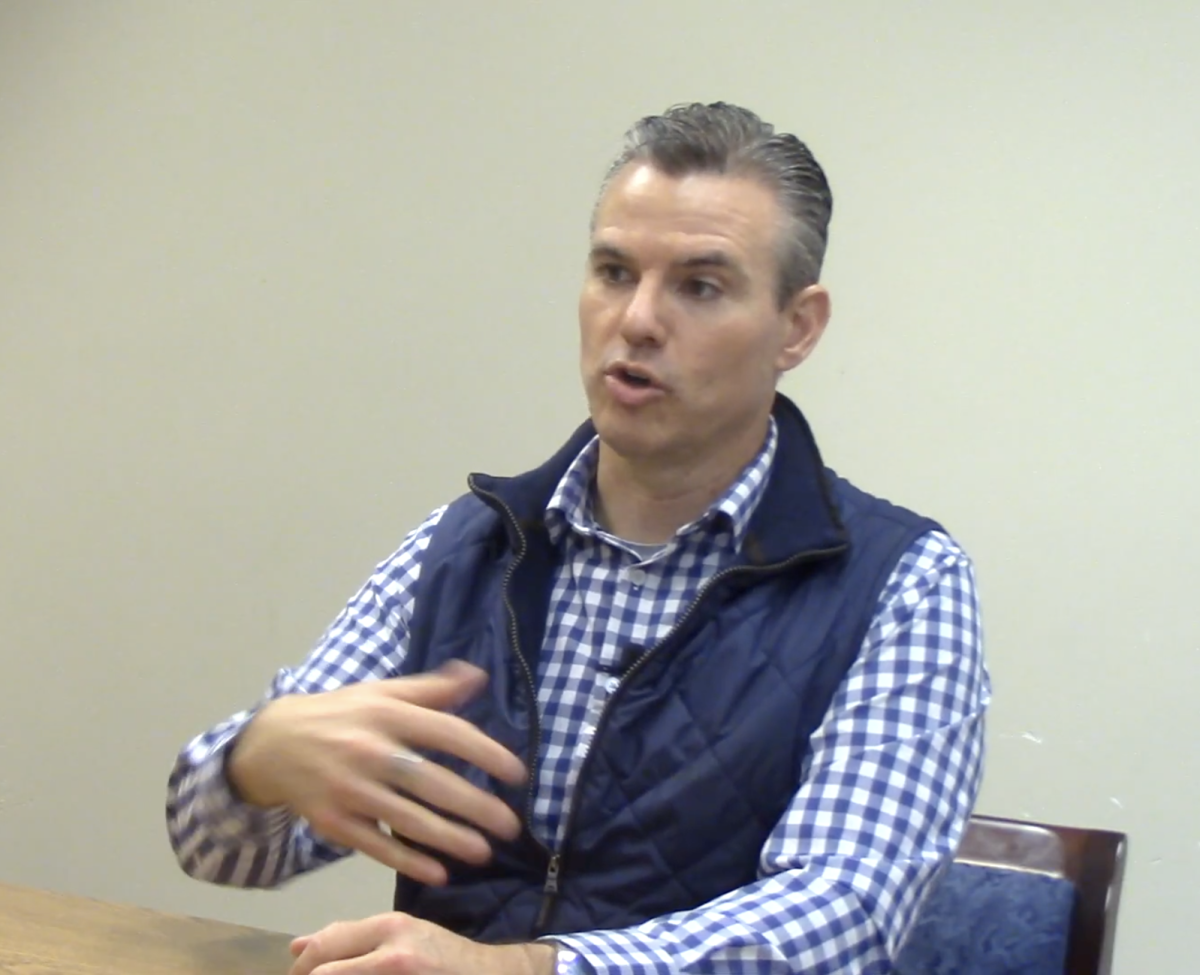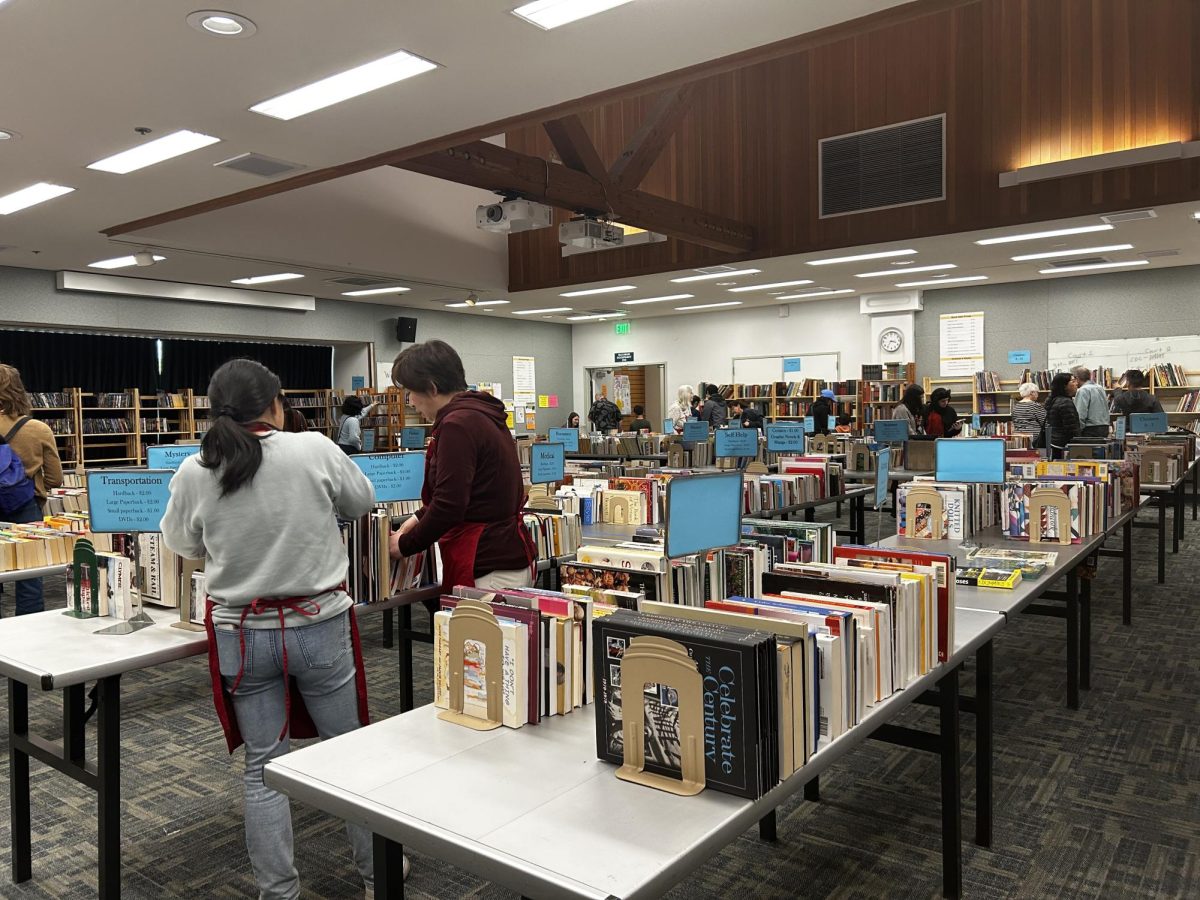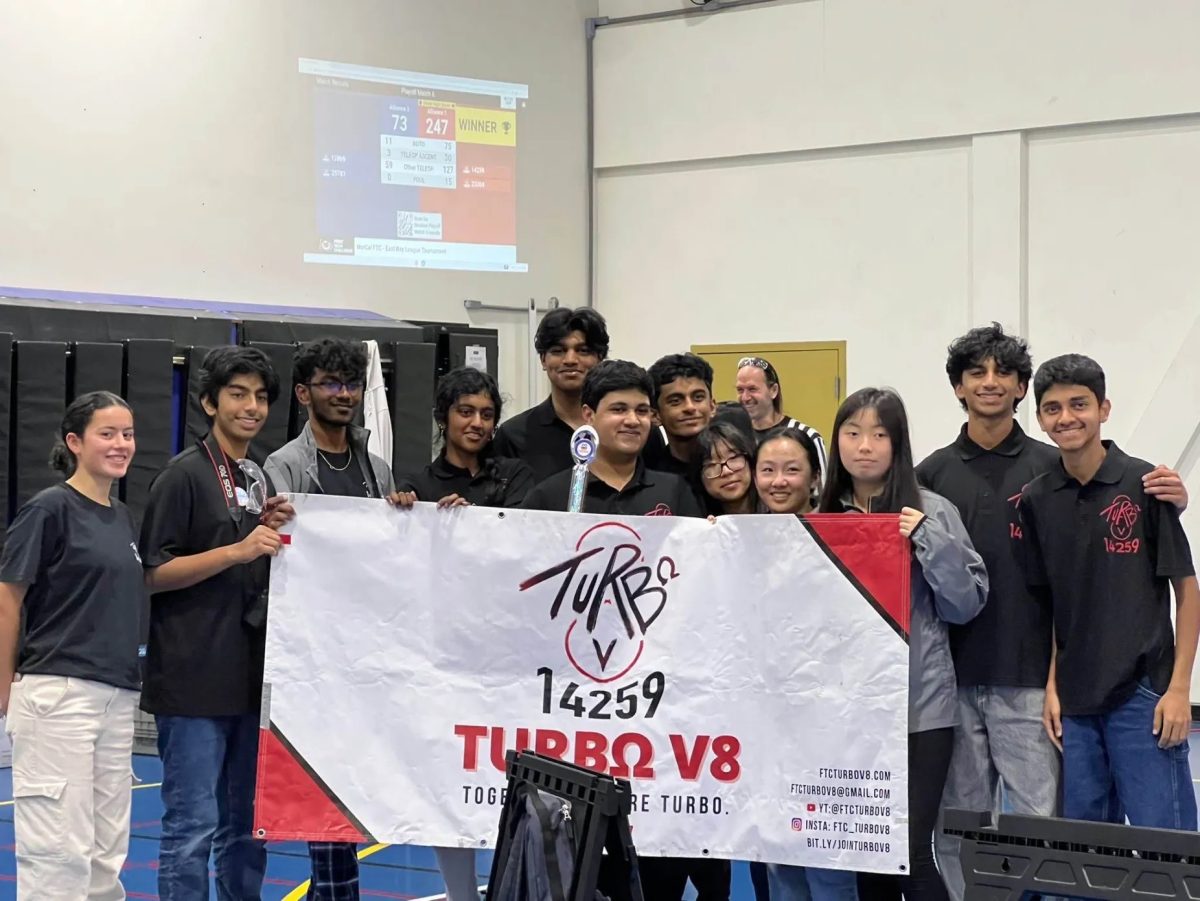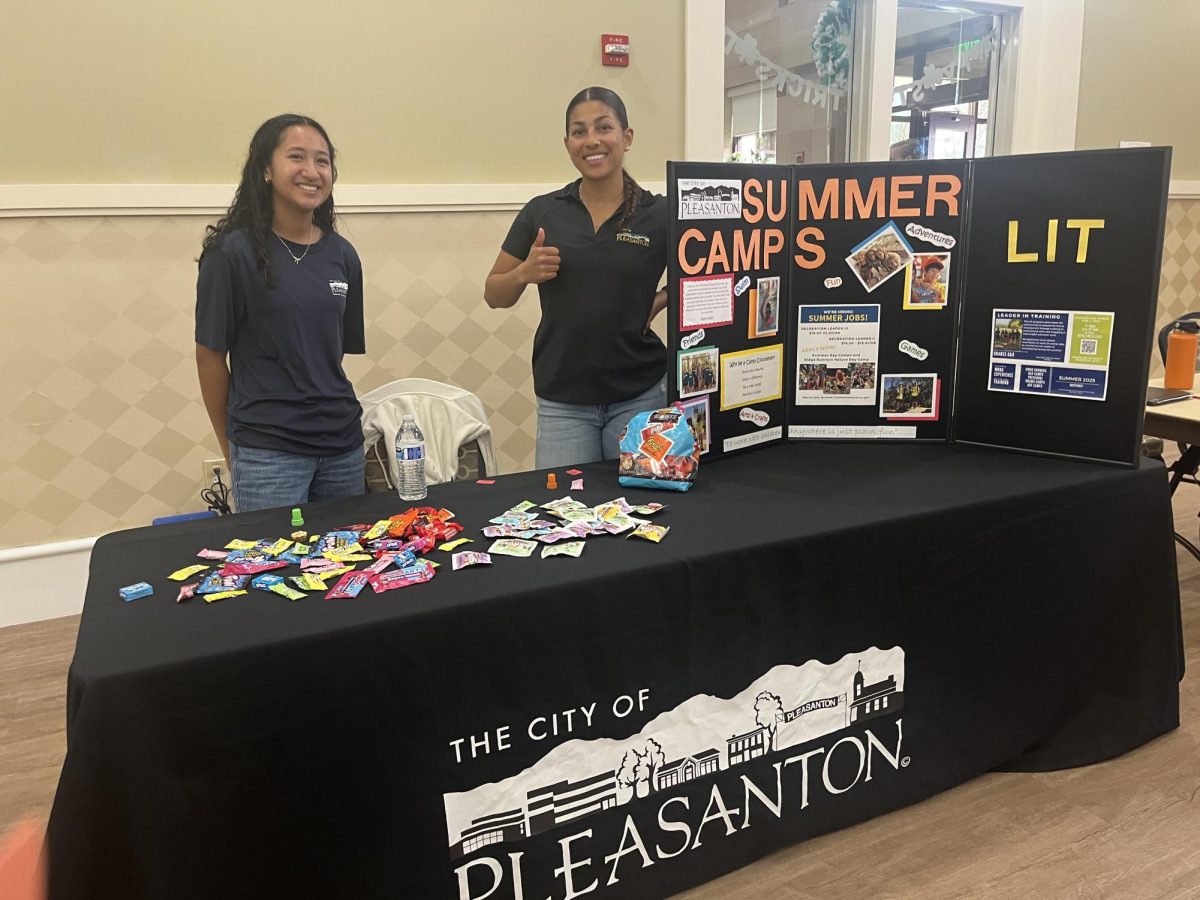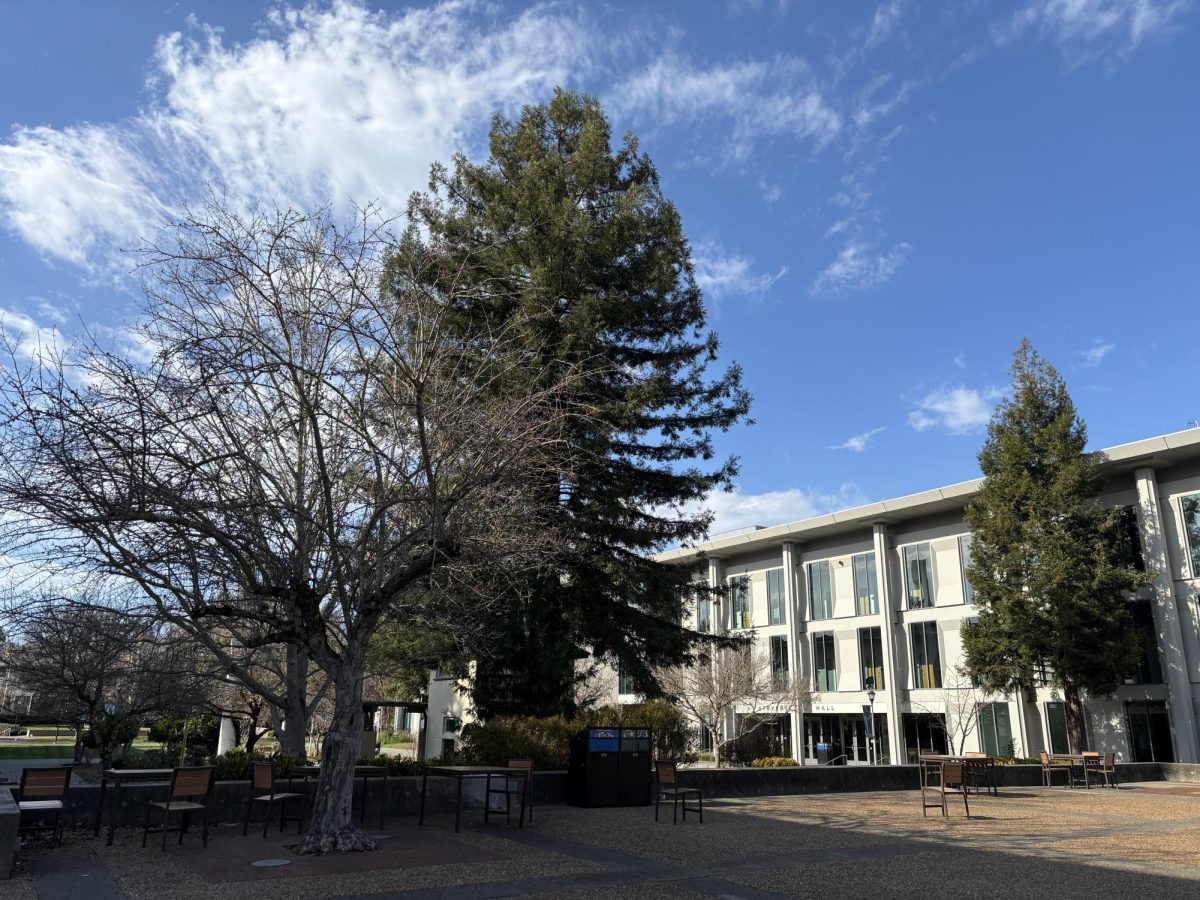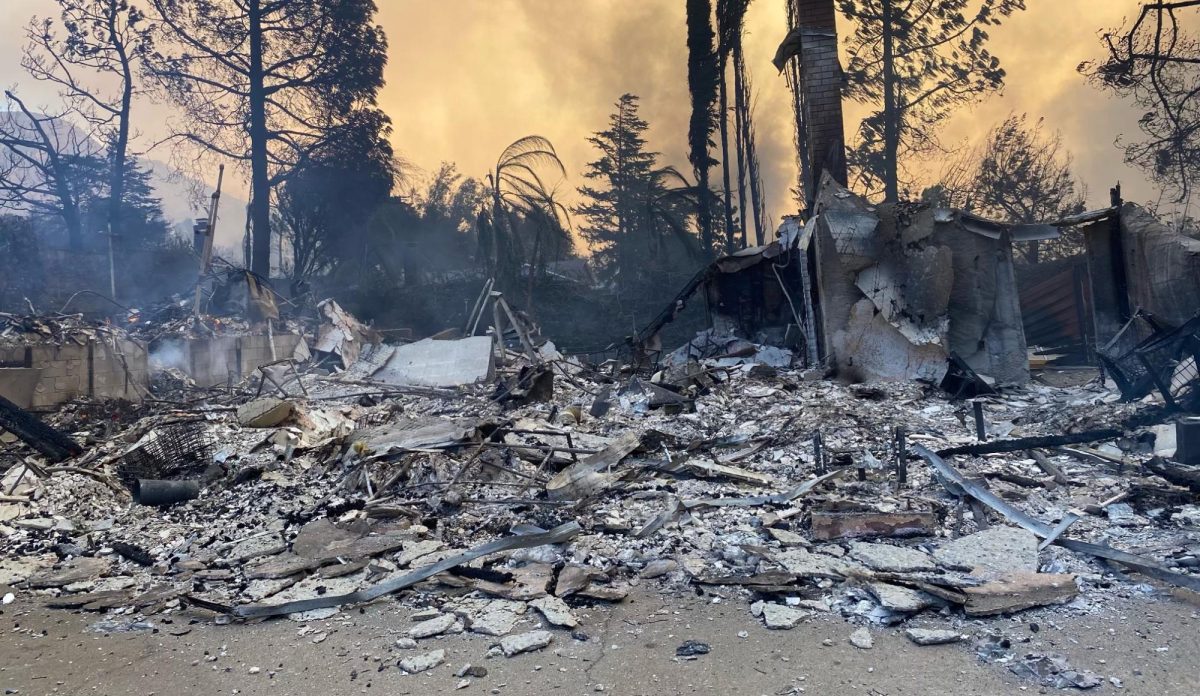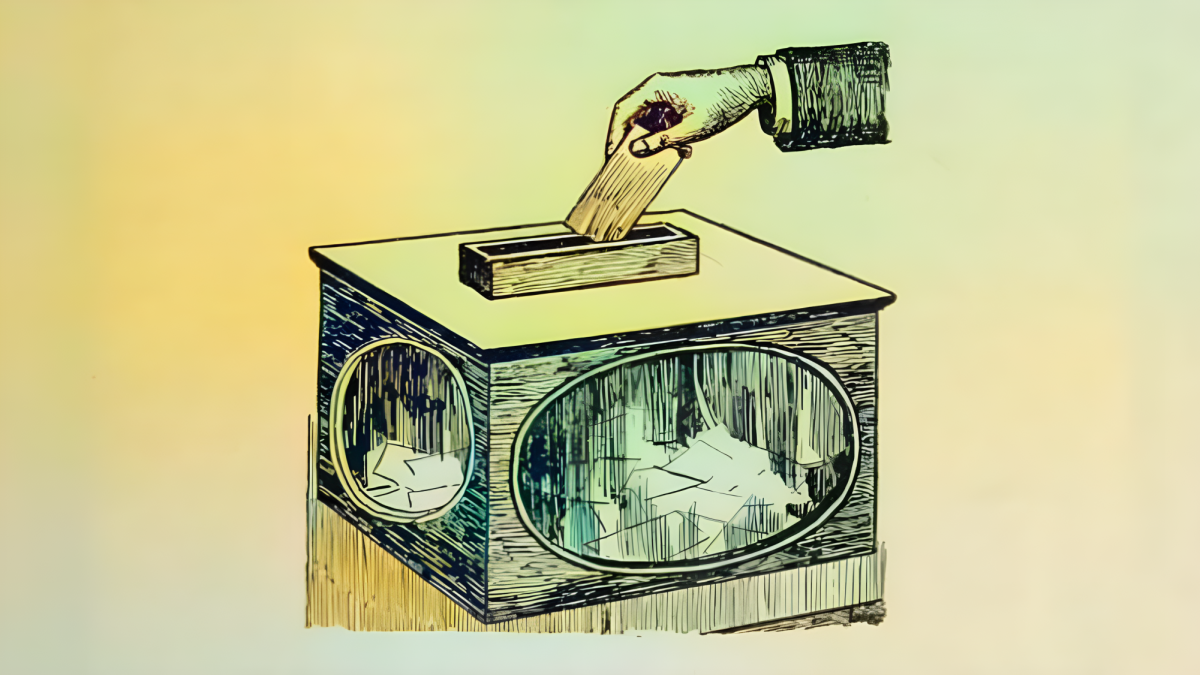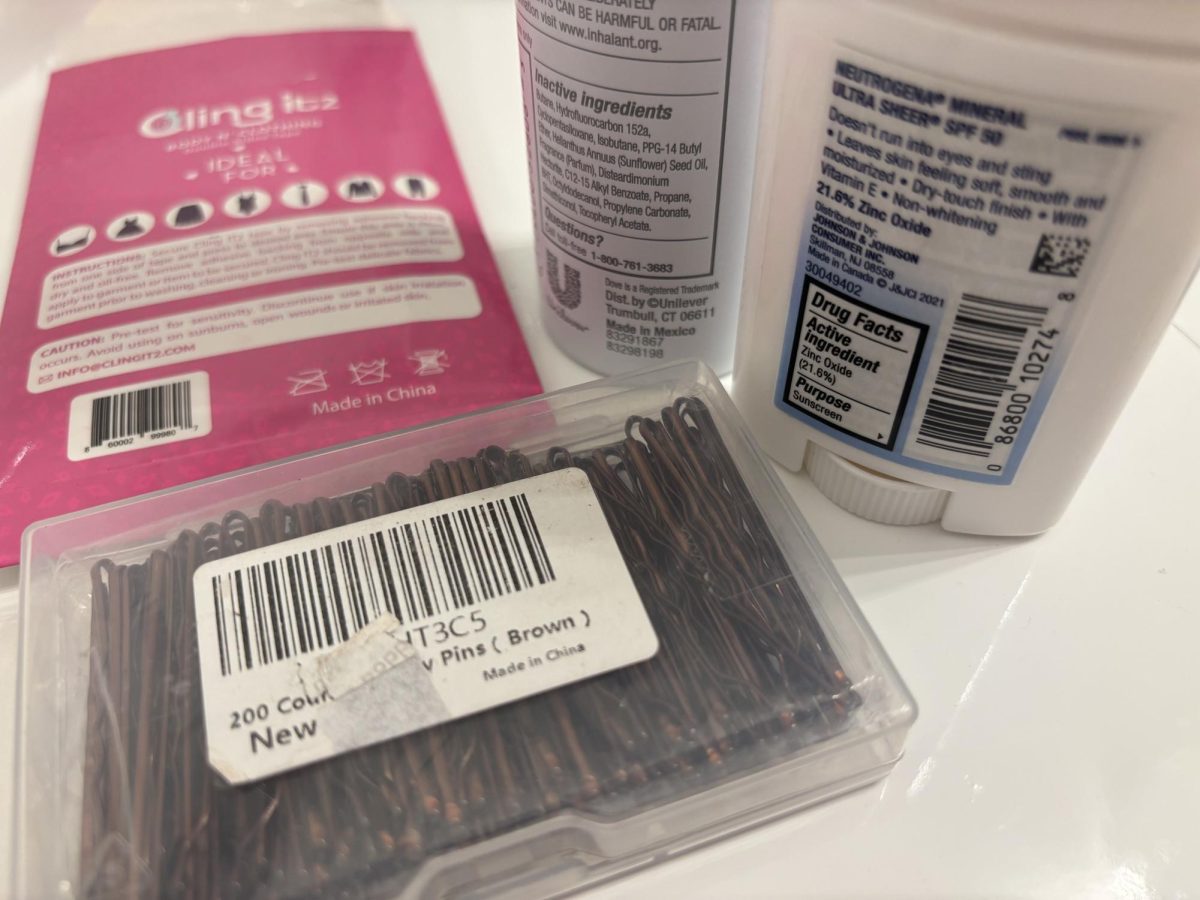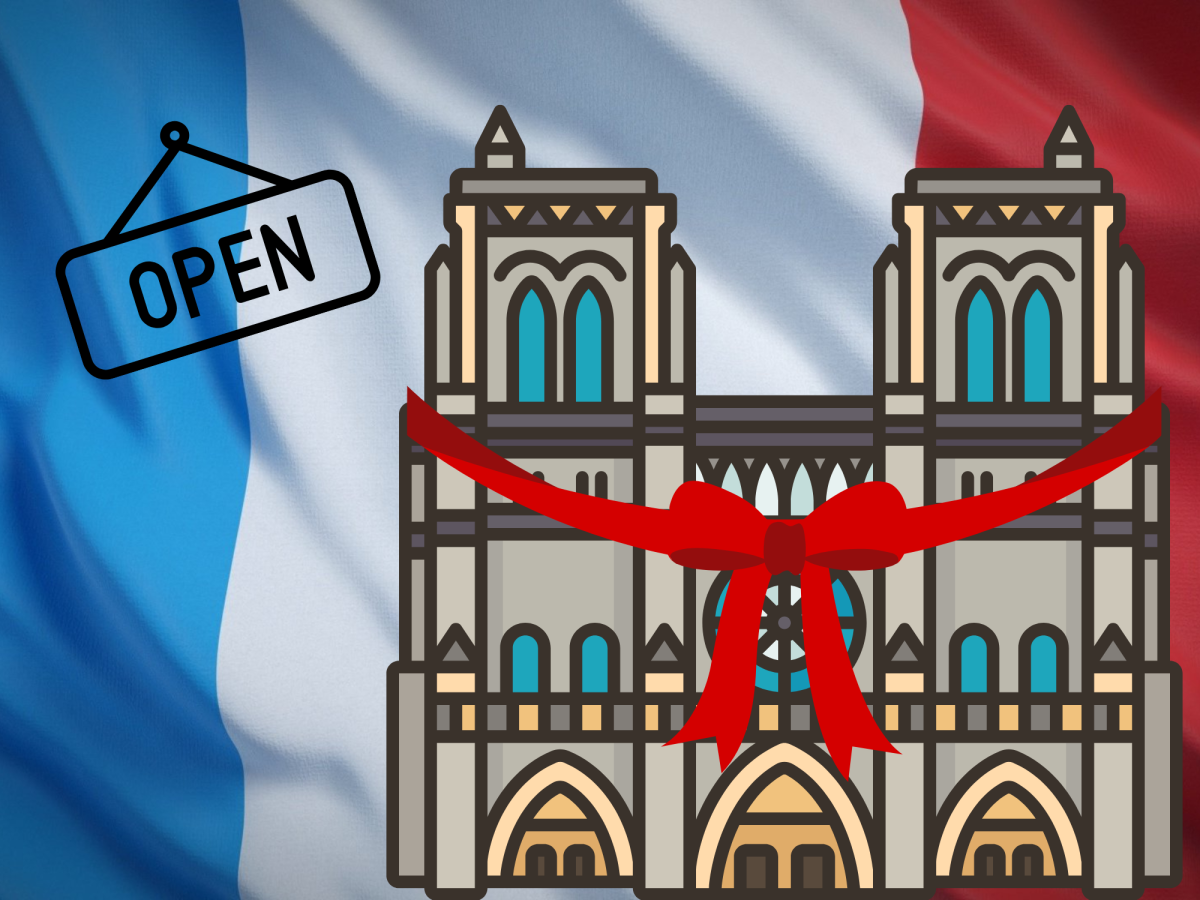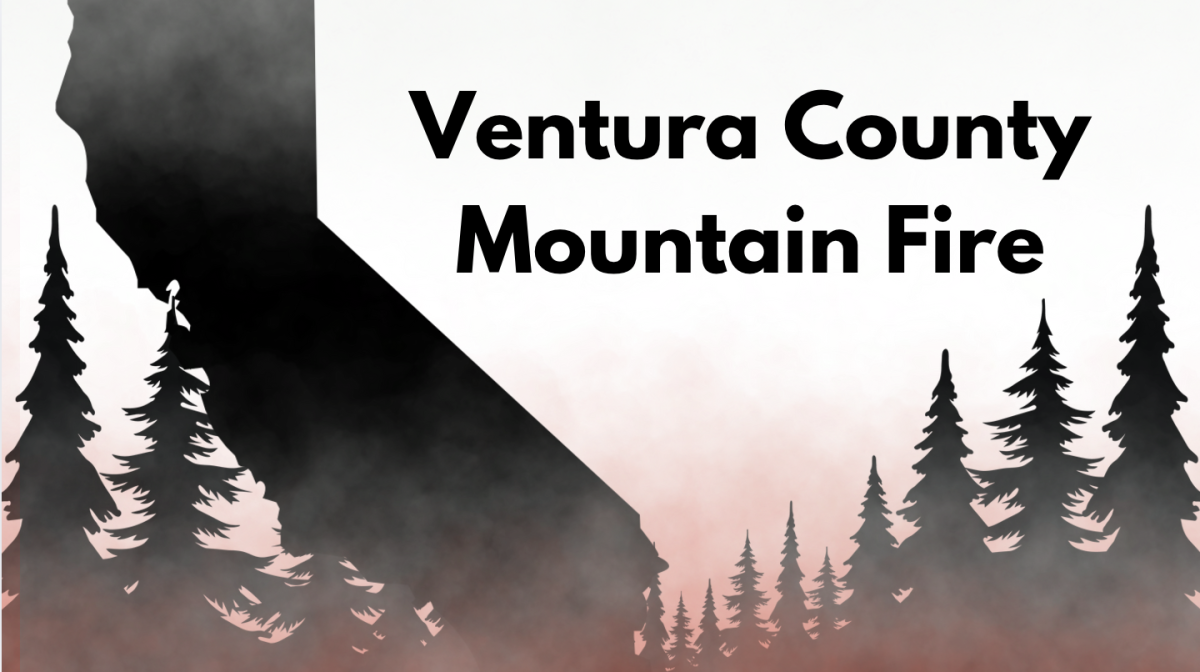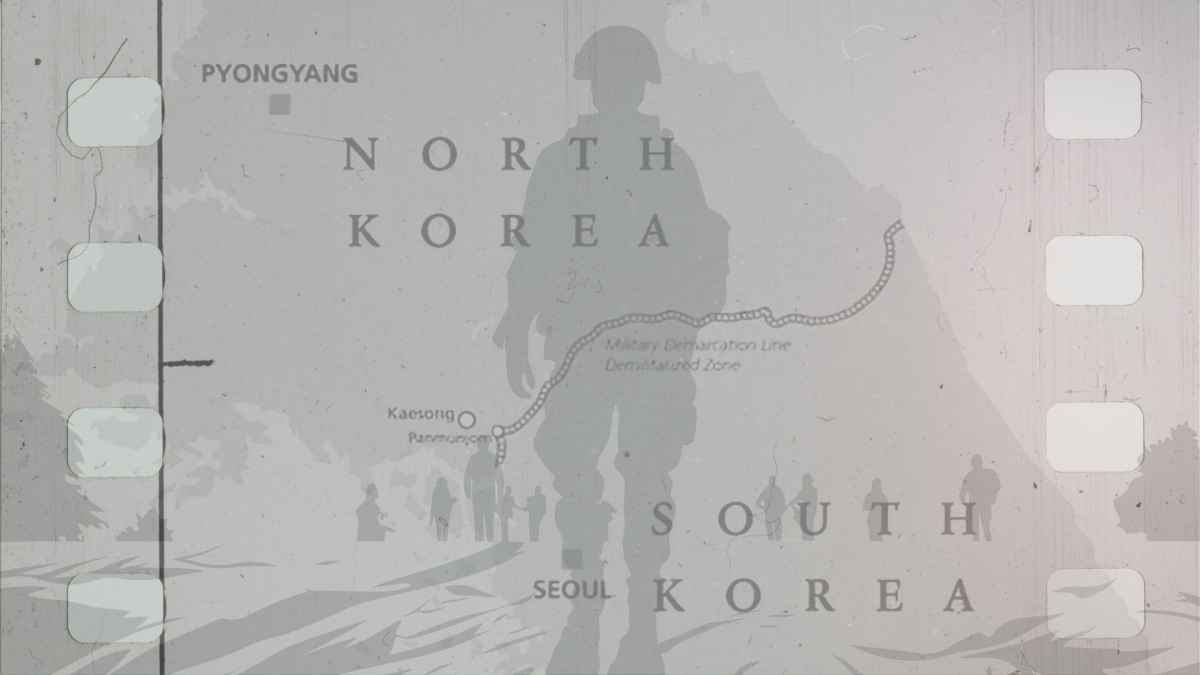The months before the election are a testing ground for new forms of political media. This year, podcasts have risen as an effective form of campaigning. As a highly anticipated election, many citizens were split on who to cast their votes for. Campaigning influenced the public’s opinion and shaped the personas of the two candidates poised to be America’s next president.
Reaching New Audiences
Current vice president Harris went on several podcasts such as Call Her Daddy, The Howard Stern Show, and All the Smoke, garnering a total of around 5 million views. Meanwhile, former president Trump made a guest appearance on fourteen podcasts, amassing about 124 million views. Both targeted a specific sector of the population that tends to keep away from the polls.
“Generally, younger voters are going to be the ones that listen to podcasts, especially the types of podcasts Trump went on. He went on podcasts hosted by male-centric conservative commentators… Even Joe Rogan is usually targeted towards younger men,” said AV Speech and Debate President Parsa Hassanpour (‘25).
This election cycle, Trump played into the growing fusion of politics and entertainment, appearing alongside Theo Von and Adin Ross. These new mediums of political discourse were furthered by the fast-paced digital landscape, allowing a broader reach into untapped demographics. Exercising these new forms of outreach resulted in the formerly disengaged young male vote to tip the balance heavily in favor of president-elect Trump.
“By going onto podcasts where he’s implicitly or explicitly endorsed by the hosts… He opens himself up to this new demographic of young men. That’s a big way of how he succeeded. Podcasts were uniquely important because they gave Trump access to a demographic that normally doesn’t even vote to begin with,” said Hassanpour.
The Legacy of Political Podcasting
New forms of mass communication hugely influence the way candidates push forward their public images. In the 1930s, FDR’s ‘fireside chats’, or radio addresses, connected him to the American population where he expressed his ideas directly to the people. The 1960 election between J. F. Kennedy and Nixon saw the first televised presidential debate. The nation’s perception of the two political candidates affected the outcomes as new audiences flooded the polls.
“I definitely think in the future that [podcasts] are going to have even more impact… Just a few years ago, we weren’t even seeing podcasts on the news. But now, simple sentences and simple things people were saying on podcasts are now on news being covered by the media,” said Sameer Wahedi (‘25).

